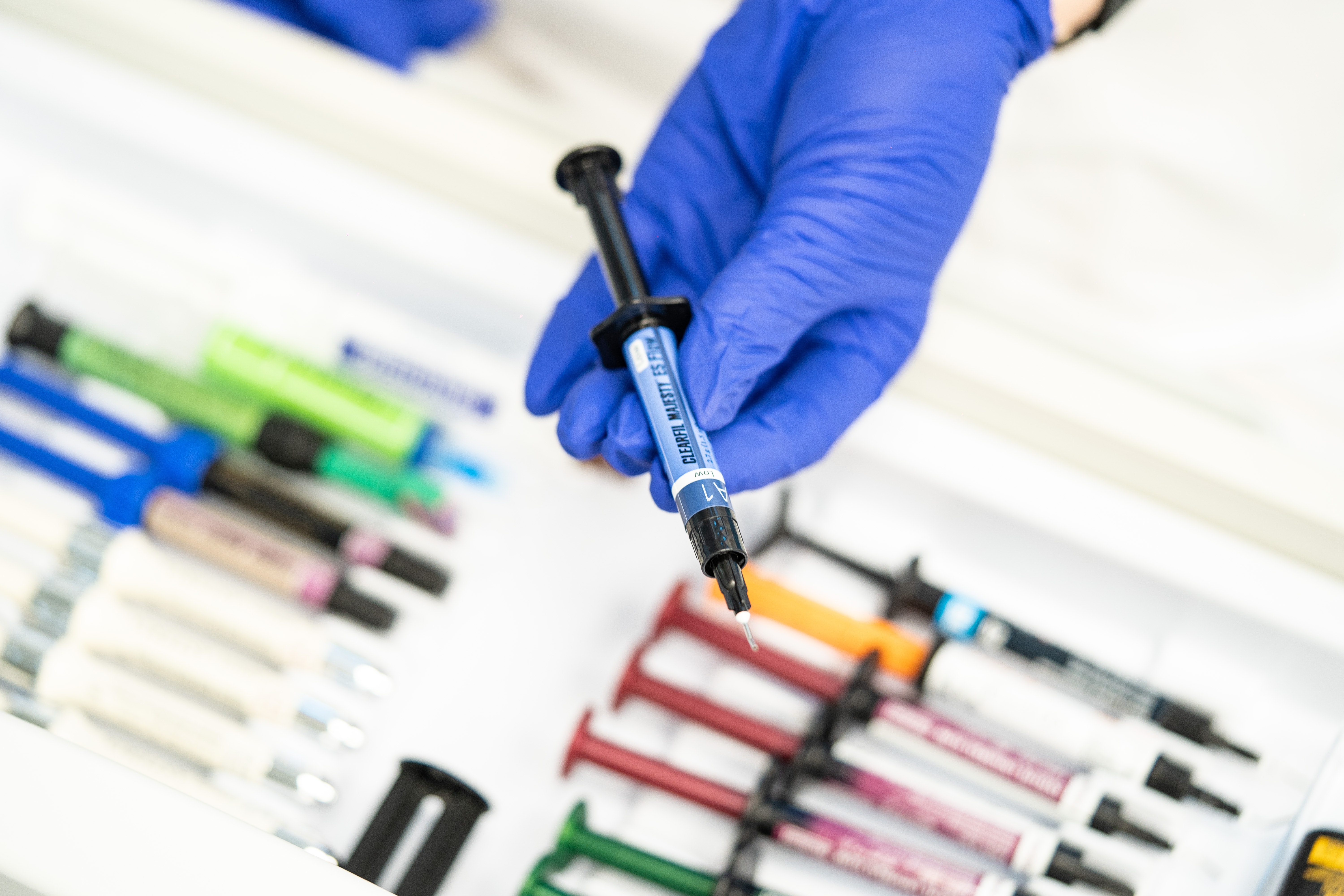Precision medicine is revolutionizing the pharmaceutical industry. This innovative approach to healthcare uses personalized, data-driven evidence to deliver effective treatments tailored to an individual patient's unique set of characteristics. By using precision medicine, pharmaceutical companies are able to identify which patients are most likely to benefit from specific drugs and tailor their treatments accordingly. Let’s explore how precision medicine is impacting the pharmaceutical industry.
Clinical Trials and Drug Development
Precision medicine is helping researchers design more effective clinical trials for drug development. By focusing on a specific subgroup of patients, researchers can better assess the safety and efficacy of a drug before it goes into mass production. For example, rather than testing a cancer drug on all types of cancer patients, researchers might only include certain types of cancer in their trials to get more accurate results. This helps ensure that new drugs have been thoroughly tested before they go on the market and that they are as safe as possible when they do hit shelves.
Patient Care
Precision medicine also has implications for patient care. Rather than prescribing one-size-fits-all treatments, physicians can use genetic markers and other predictive analytics tools to determine which treatment plans will be most effective for each patient. For example, if a physician knows that a particular patient is likely to respond well to a certain type of medication based on their genetic makeup or family history, they can tailor their care accordingly. This can lead to better outcomes for patients and improved health outcomes overall.
Marketing Strategies
Finally, precision medicine is changing the way pharmaceutical companies market their products. Companies that specialize in precision medicines need to focus not only on promoting their product but also on educating consumers about how it works and why it’s beneficial for them specifically. To do this effectively, companies are increasingly relying on digital marketing tactics such as social media campaigns and targeted advertising strategies. These strategies allow them to reach potential customers more efficiently than ever before while also providing valuable educational resources about their products in the process.
In conclusion, precision medicine is having a major impact on the pharmaceutical industry by reshaping clinical trials, improving patient care, and redefining marketing strategies. As our understanding of genomics continues to evolve so too will our ability to create more precise treatments tailored specifically for individual patients—which could ultimately lead to groundbreaking advancements in medical science as we know it today!






